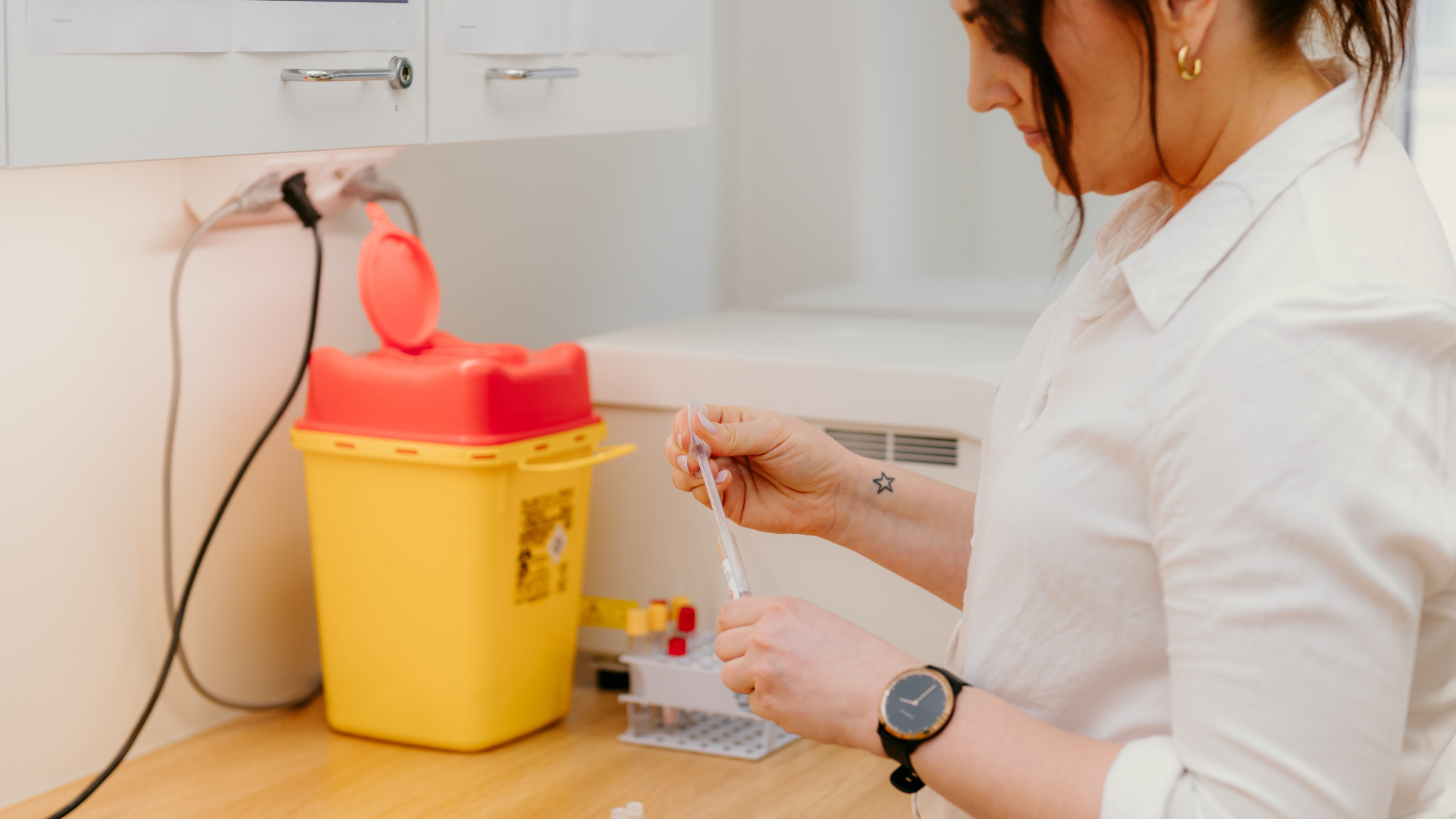
Dengue fever is a significant vector-borne viral disease in endemic areas, especially in tropical and subtropical regions. It is caused by flaviviruses of four serotypes: DEN-1, DEN-2, DEN-3, and DEN-4. Annually, there are nearly 100 million symptomatic cases worldwide (with many more asymptomatic), and over 20,000 deaths. The disease is rapidly spreading globally.
Infection with one serotype grants immunity only to that particular type, meaning a person can get dengue multiple times. The first infection is usually mild, while the most severe forms tend to arise during reinfections with different serotypes.
Typical symptoms of dengue fever include fever, headache, muscle and joint pain, rash, and swollen lymph nodes. In severe repeat infections, patients may develop a condition where blood vessels leak fluid excessively into tissues—known as dengue vascular permeability syndrome—leading to dengue hemorrhagic fever or dengue shock syndrome. These conditions carry a high risk of fatality.
There is no specific treatment or antiviral therapy for dengue fever. Management focuses on symptom relief and supporting vital functions. Dengue is not endemic in Finland; however, it can affect travelers returning from tropical or subtropical regions.
The first dengue vaccine (Dengvaxia®) was licensed in 2015. It contains live attenuated viruses and covers all four serotypes. However, its use is limited due to concerns about the duration of protection and an increased risk of severe disease in individuals who were dengue-seronegative at the time of vaccination.
Therefore, this vaccine is recommended only for individuals aged 9–45 who live in endemic areas and have previously had dengue.